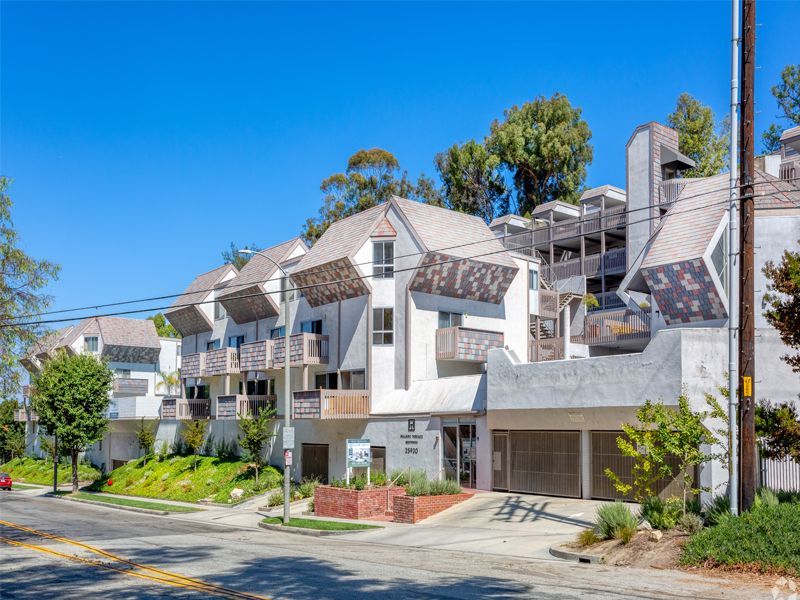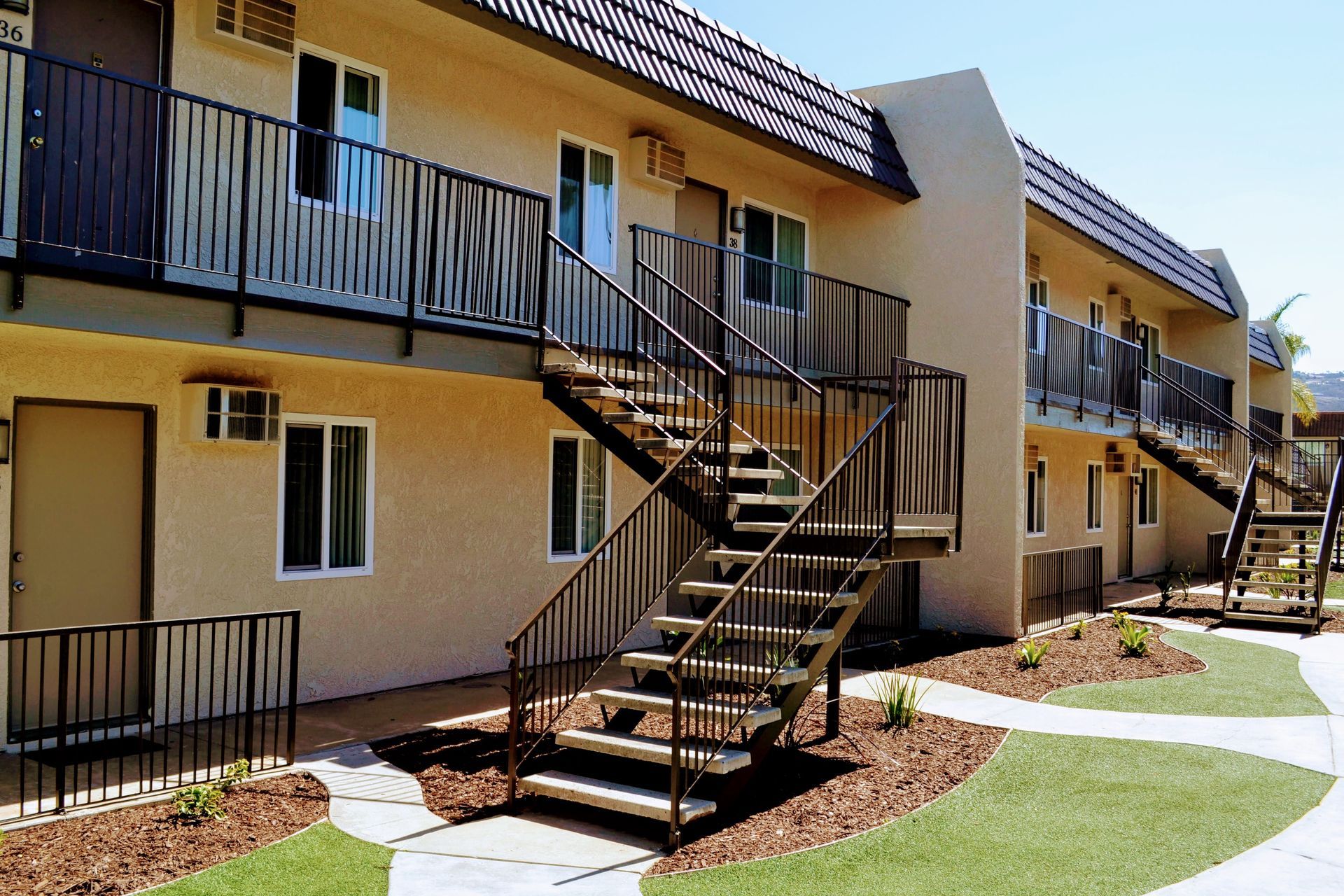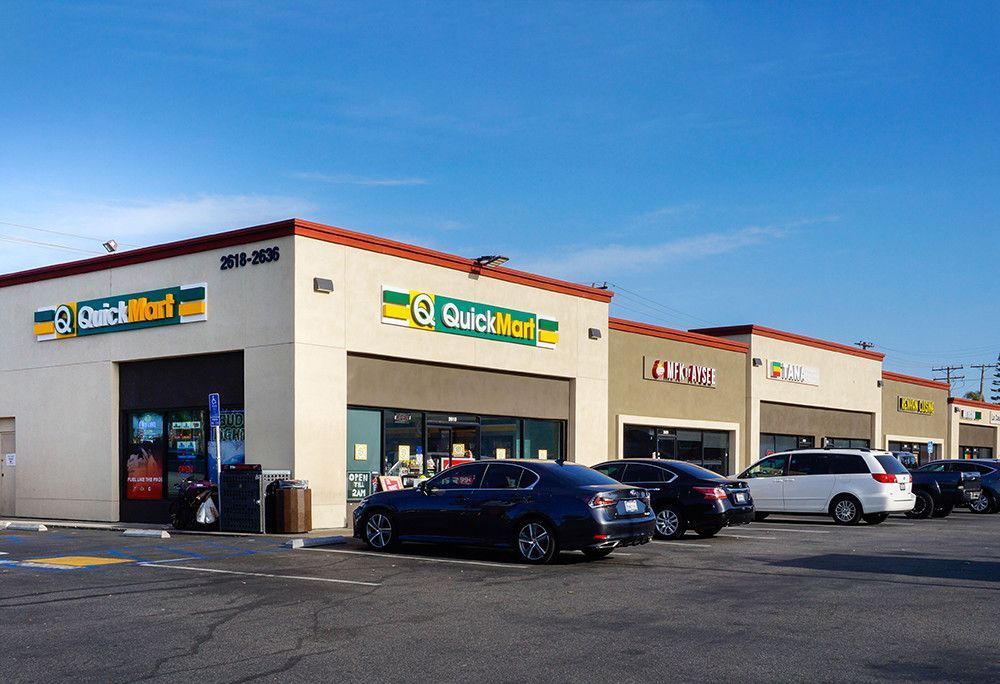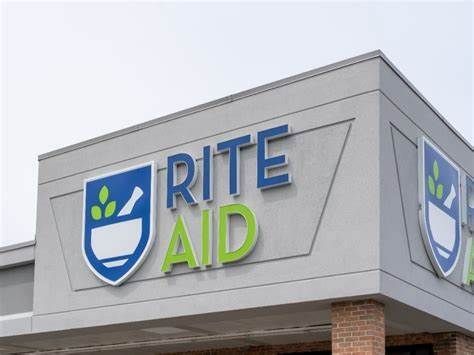Seven Advantages of Large Multi-Family Property
For those of you who have had success with investing in multiple smaller properties, you may be curious about growing your portfolio and pursuing a greater amount of cashflow by getting into larger properties with more units.
But this can seem daunting and risky, especially when you consider that managing a portfolio of single-family homes, duplexes, triplexes, or a quads, is already a TON of work! However, real estate investing and managing really starts to change as you move into buildings with more and more doors.
Through our experience in managing everything from single-family homes all the way up to luxury apartments with a hundred doors, we have seen first-hand how things can often become more streamlined, efficient, easier, and safer when dealing with larger buildings. It sounds counter-intuitive but, in this article, we are going to go over seven advantages that come from investing in larger multi-family properties, so that you can get a better idea of whether this is a good strategy for you.
1 - LOWER RISK
One of the most immediate and obvious benefits to multi-family real estate is that it spreads your risk exposure across more tenants. The simplest way to illustrate this is to imagine renting out a single-family home as an investment. Once that tenant gives you their notice to move out, the chances of you sitting on a vacant house and a loss of 100% of your revenue goes way up.
Of course, it is possible to start showing the space to new prospective tenants while the current tenants are still on lease, and then hopefully have a seamless transition where the new tenant moves in on the same day that the old tenant is completely moved out...but this is highly unlikely, and it puts a lot of pressure on things to move forward flawlessly.
It is more likely that you will need to wait for that tenant to move out before you can start doing any necessary repairs and remodeling in the space, and then likely having some downtime before a new tenant moves in. Even a duplex or triplex, although better than a single-family home, will leave you with a 50% or 30% reduction in revenue as soon as even one of those tenants leaves.
On the other hand, having more units in a larger multi-family building means that you are less affected by one or a few vacancies at a time.
2 - WEATHER ECONOMIC TURNDOWNS
This gets us into the next idea, which is that, in many cases, large multi-family properties can better withstand economic downturns. This is something that has been on many people’s minds over the last decade, really. Generally speaking, no matter what the economy, people will need a home to live in, which means residential spaces will always be in demand.
But going back to the idea that more units mean spreading your risk of revenue loss across multiple units, when economic times shift and there is more uncertainty, your cashflow will be less interrupted because you have more tenants to cover any losses.
3 - EASIER TO MANAGE
It may sound counter-intuitive but the more doors you have at a single property, the easier it is to manage. Let us explain.
Unless you are willing to be a full-time landlord and property manager, once you get passed four units in a building, the management is typically handed off to a separate dedicated property manager. Things immediately get much easier for you as an investor, since it is mainly your property manager that will be fielding all the calls and coordinating maintenance requests.
But even if you have already been utilizing a property manager for your portfolio of smaller buildings, the quality of management that you get when investing in larger properties also typically increases. This is because the revenue that a single manager or a very small management company will make on a duplex or 4-unit building is not nearly enough to sustain a very extensive management business.
The type of manager that will therefore be willing to handle smaller buildings is typically someone that is a one-person show or maybe a manager and a single bookkeeper. They will usually need to rely more on finding other clients in order to make more revenue, thus quickly spreading their focus and attention away from your property and onto others.
With bigger buildings, the management companies that you will have access to will be able to hire more staff. This means more immediate access to your bookkeeper, your manager, a legal adviser, a construction manager and maintenance people.
One last thing to note is that a building that has 16 or more units requires, by law, to have an onsite manager. This is someone who will live onsite and handle most of the immediate tenant and maintenance-related issues. Here at Coastline Equity, we will screen and hire an excellent onsite manager for you, make sure they are well trained and equipped to handle the needs of tenants, and give them the support of a property manager and the rest of our office staff. At that point, your apartment building really starts to run on auto pilot!
4 - ECONOMIES OF SCALE
Similar to the previous idea, having more units in less physical locations means that the management activity for all your tenants stays in one place, as opposed to having the same quantity of the tenants but spread out across a several single-family homes in different parts of town.
This brings about an element of economies of scale. For example, the landscaper that you hire only needs to visit one property instead of driving all over town, and charges you less as a result. Contractors in general are less likely to try and charge you for time and trips, since they also benefit from more work at a singular location.
5 - LESS OF IS MORE
So far, we have covered some of the larger, more obvious benefits of having more units within one location but there are also some less obvious benefits as well. For instance, in order to acquire the same number of units, investing in a larger property means that you deal with fewer separate real estate transactions compared to investing in multiple smaller properties. When it comes to accounting, you have fewer separate financial documents to worry about. Fewer monthly reports, fewer invoices, fewer dedicated bank accounts and fewer City inspections to attend.
So, while it might seem like having a larger building means more work, it actually has a way of condensing everything down and giving you less to worry about.
6 - EASIER ACCESS TO FUNDING
Believe it or not, multifamily buildings are typically easier to finance than single-family homes. This is because lenders look more closely at the financials of the building rather than your personal credit, income or portfolio. Because of this, they may be more likely to give you a loan for a multifamily property.
Also, things like single-family homes are often seen as higher risk because they are more likely to be foreclosed on, since the cash flow is much more limited and comes from just a single source. For banks, the prospect of lending over $1,000,000 into a stabilized property with a higher month-to-month rental income, is much more appealing.
7 - COMMUNITY BUILDING
One last idea that we think is good to talk about (and usually doesn’t immediately come to mind), is the idea that larger buildings have the opportunity to more easily provide a sense of social community. This refers to the ways in which your property plays a role in the lives of your tenants and the surrounding neighborhood.
Because a larger multi-family property has more tenants and more rent coming in, larger buildings can fund things like community events, shared community space, and amenities. This can be a very rewarding and creativity-inducing part of real estate investing, because it goes beyond the cash flow and speaks to the idea that housing is really all about people and where they choose to live their lives, to raise their kids, and to meet their neighbors.
The building is part of the community and, of course, the people are part of that community as well. How well your property is managed reflects onto the neighborhood and how its citizens feel walking around it. Of course, creating these community initiatives also has the benefit of helping you retain quality tenants, that care about their surrounding environment, about taking care of where they live, and being a part of a larger social community.
Ultimately, a good real estate investment comes down to a variety of different factors and no two deals will be the same. Still, if you have already gotten started in the real estate investing game and have been considering the move to something larger, hopefully this article has given you some basic ideas about the benefits of larger multi-family properties.
Property Management Made Easy
Contact Us - Contact Page
We will get back to you as soon as possible
Please try again later
Los Angeles
1411 W. 190th St.,
Suite 225
Los Angeles, CA 90248
Temecula
41743 Enterprise Circle N.,
Suite 207
Temecula, CA 92590

P.O. BOX #1489
TORRANCE, CA 90505








